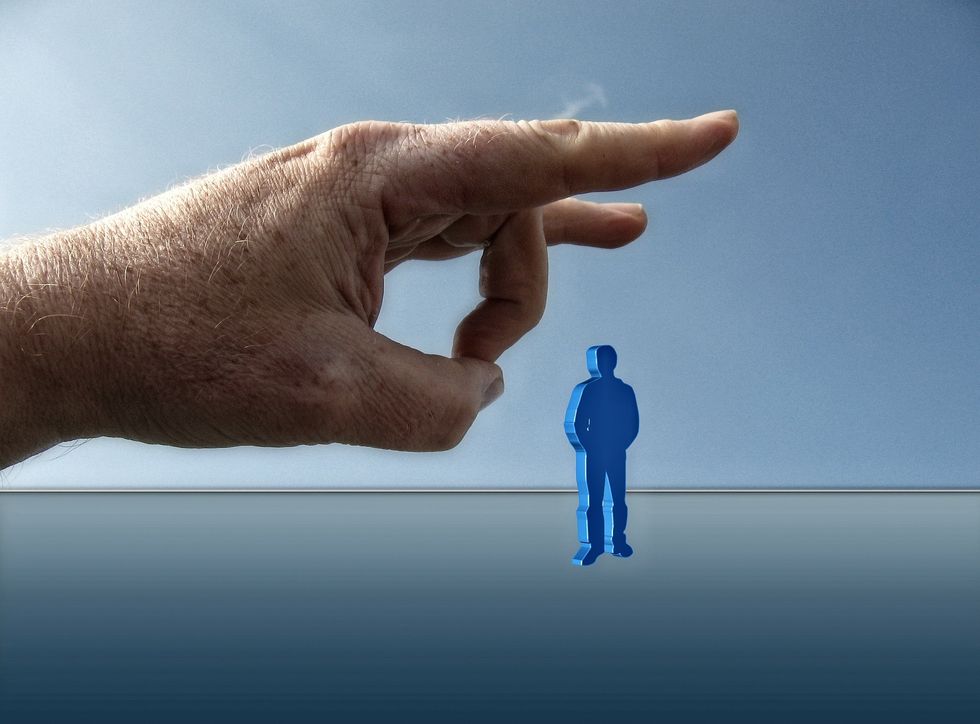The premise of cancel culture began as a way to hold people, especially celebrities, accountable for their actions and words. It is described as the movement of boycotting a person or organization for sharing a questionable opinion or has behaved in a way that is perceived as problematic in the past. It is an attempt to take away someone's power and influence. In 2019, however, it went beyond the notion of awareness and protest and became a method of fear-mongering. Cancel culture punishes opinions unfairly and mutes any diplomatic discussion between opposing arguments, essentially silencing the progress of a healthy arena of plural opinions.
First I have to mention that I am not talking about individuals like R. Kelly. Certain behavior is not rectified by an apology, no matter how heartfelt. His actions were disgusting, immoral, illegal, and wrong, and people like him need not be forgiven. However, people should not be deemed to be excommunicated from society simply because of an offensive comment they made on twitter 10 years ago.
The argument for cancel culture is that free speech also allows for any dissenting response to that free speech - it allows anyone to cancel an individual if they so choose. This sentiment of accountability and problematic behavior is completely justified and should be upheld. But the issue with cancel culture is that it condemns any free speech altogether rather than continuing a discussion that would hold that person accountable. Canceling someone perpetuates the idea that only a certain line of thinking is "acceptable" in today's society - it creates homogenous conversation and disavows any dissenting opinions.
Furthermore, it completely negates the idea of a second chance. Can you imagine if someone dug up all the potentially racist, sexist, or just mean comments you have ever made in your life and held that against you forever? We were all immature at one point. We are still immature to a certain extent. No matter our age or experience, we all make off-hand comments without thinking and celebrities are not immune to that. As long as they acknowledge and rectify their actions in a meaningful way, which should be as public as possible especially considering their place of authority, society needs not to condemn them forever. It is when there is a continuation of problematic behavior that there is an issue.
That being said, however, cancel culture is not an avenue to solve that issue, mainly because it doesn't even work. James Charles is still on YouTube, Dave Chappelle still has his stand up shows, and Nathan Pyle's book still has rave reviews. The hindering of open conversation not only restricts free speech, but it doesn't even get the intended message of cancel culture across. If the public really wants to voice their opinions, then the best way to do it would be to actually present an opposing opinion to the perceived offensive one instead of ignoring the opinion altogether.
Cancel culture essentially ignores the fact that it is okay to have differing opinions, even if they are sometimes offensive. Democracy is built on the idea of different opinions. Persuasion and conversation do not work if the other side is forced to be silent especially if they are in the position of power. To truly incite change, there must be a dissenting argument to argue against. So, instead of pretending to be "woke" liberals, we should be trying to hear and fight the opposing argument instead of trying to cancel it.









































